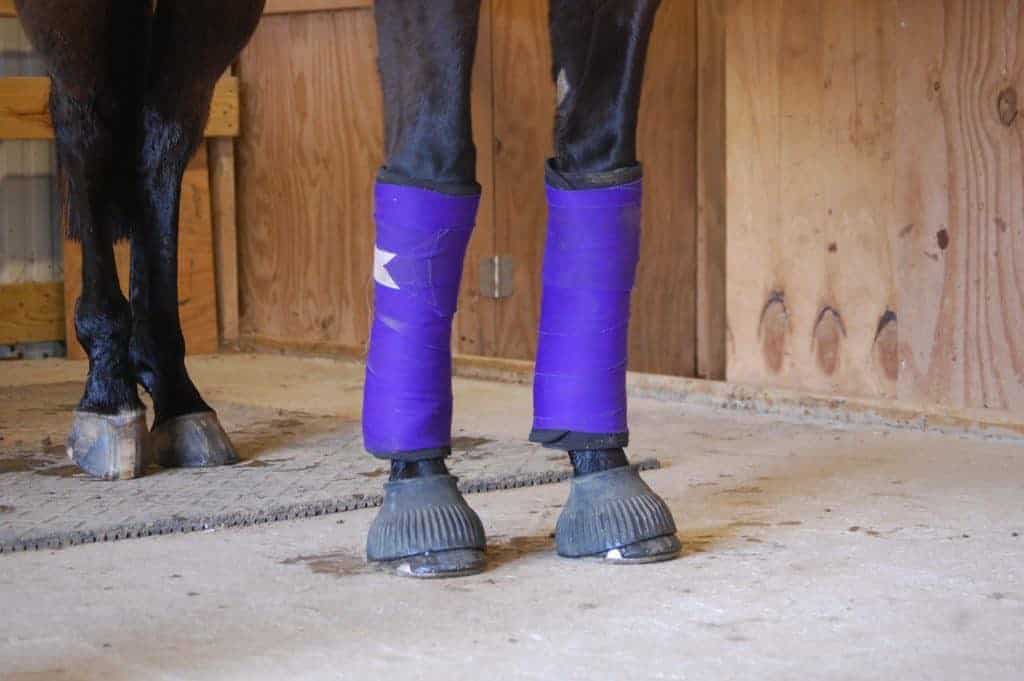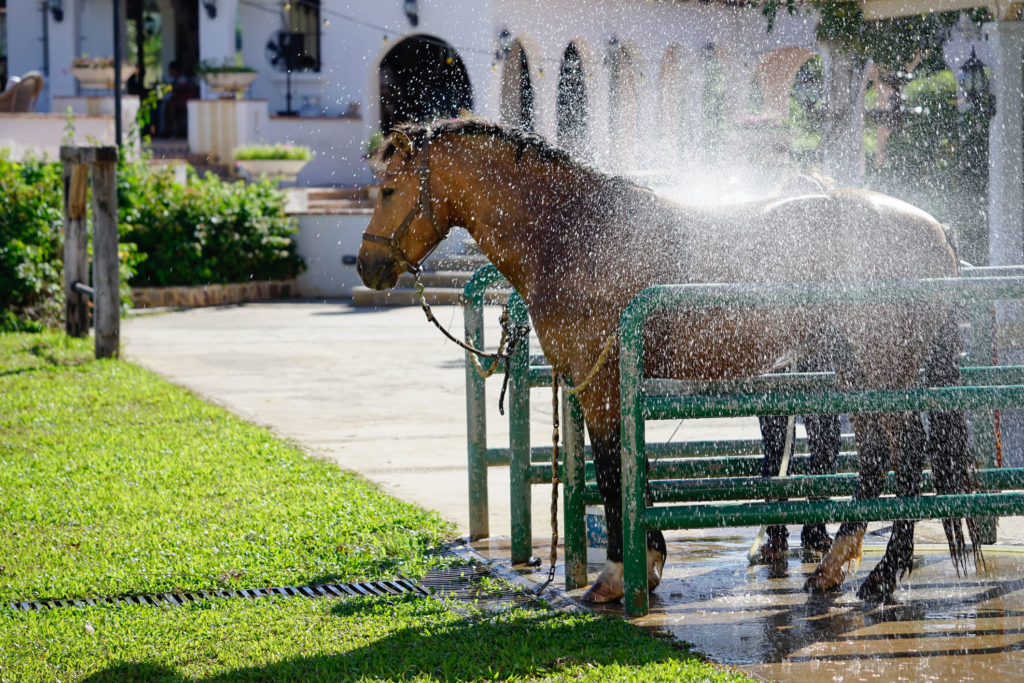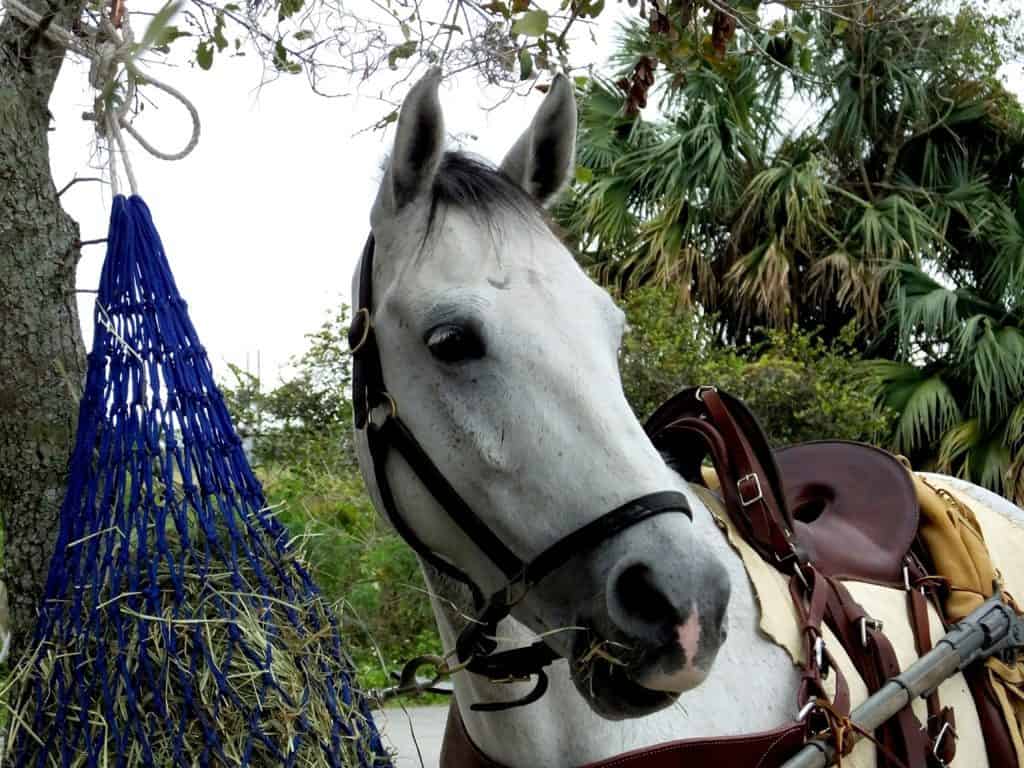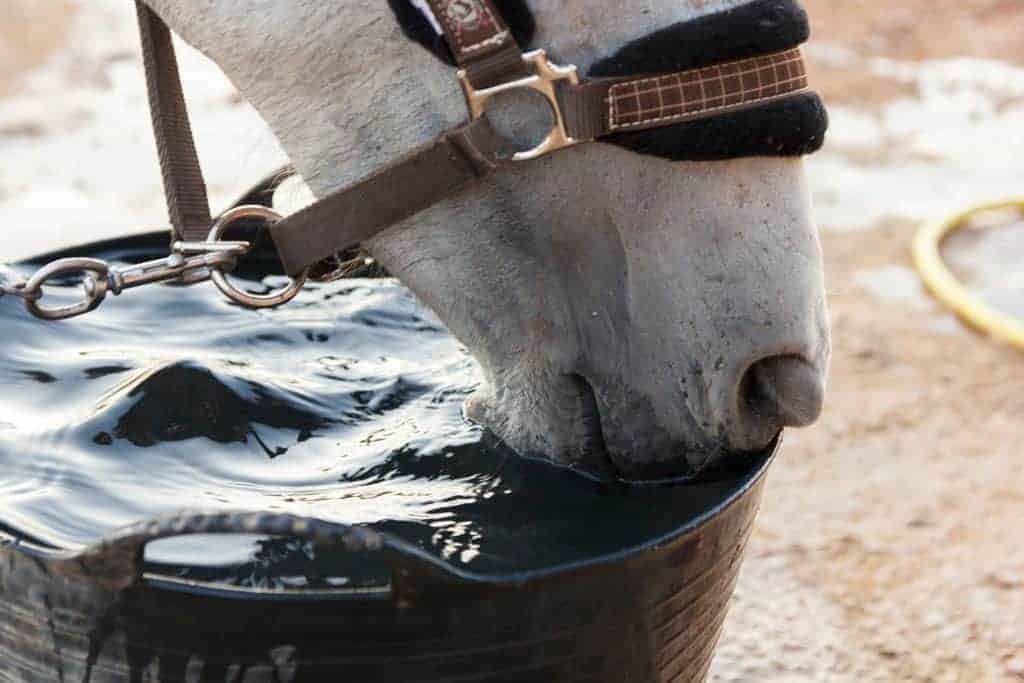
Heat Exhaustion vs. Heat Stroke in Horses
Do you know the difference? Dr. Jeanette Mero outlines the clinical signs of heat exhaustion and stroke in horses.

Do you know the difference? Dr. Jeanette Mero outlines the clinical signs of heat exhaustion and stroke in horses.

Dr. Jeanette Mero describes the early warning signs of dehydration in horses and shares how much a horse should drink on a hot day.

Our equine nutritionist offers feeding advice to help the stocked-up horse.

Summer is a great time to get out and enjoy your horse, but the season also comes with management challenges. In this prerecorded Q&A, we’ll answer your hot weather health questions about riding, bathing, hydration, and transportation. You’ll also learn the signs of heat exhaustion and how to protect your horse.

High temperatures and humidity can make caring for horses a challenging endeavor.

A U.S. Equestrian Team veterinarian who has overseen the shipping of horses to six Olympic Games shares what steps to take before, during, and after a long-distance trailer ride.

Riding and camping in wilderness areas can present challenges for feeding your horse. Here are some tips.

Read about research into increasing the time horses spend eating (a good thing) without feeding them too much (a bad thing), along with more take-homes from the 2019 Equine Science Society Symposium.

Do fish help keep horse water tanks clean? Maybe not, our nutritionist says, but they might have other benefits. Here’s why.

When you’re constructing a horse farm and have limited land, design and layout are critical to maximizing your time and resources. Download this free report for tips on how to design a functional farm on what land you have.

Does your horse’s drinking water have high iron levels? If so, he might be at risk for chronic illness or even death, researchers found.

If a water utility issues a boil-water notice for humans, are horses at risk for disease if they drink unboiled water? Dr. Peter Timoney shares his thoughts.

A performance horse’s diet must supply all the energy to remain at his best. But achieving that can be easier said than done. Here’s what to remember.

Any good feeding program meets the nutrient needs for the animal, maintains a healthy digestive system, and offers feeds of the highest quality. Does your horse’s diet include the required nutrients?

Horses require extra attention when low temperatures are accompanied by wet and windy conditions. Here’s how to help your horse cope with winter weather.

Plan ahead to keep family, employees, and horses safe during a winter weather disaster.
Stay on top of the most recent Horse Health news with
"*" indicates required fields